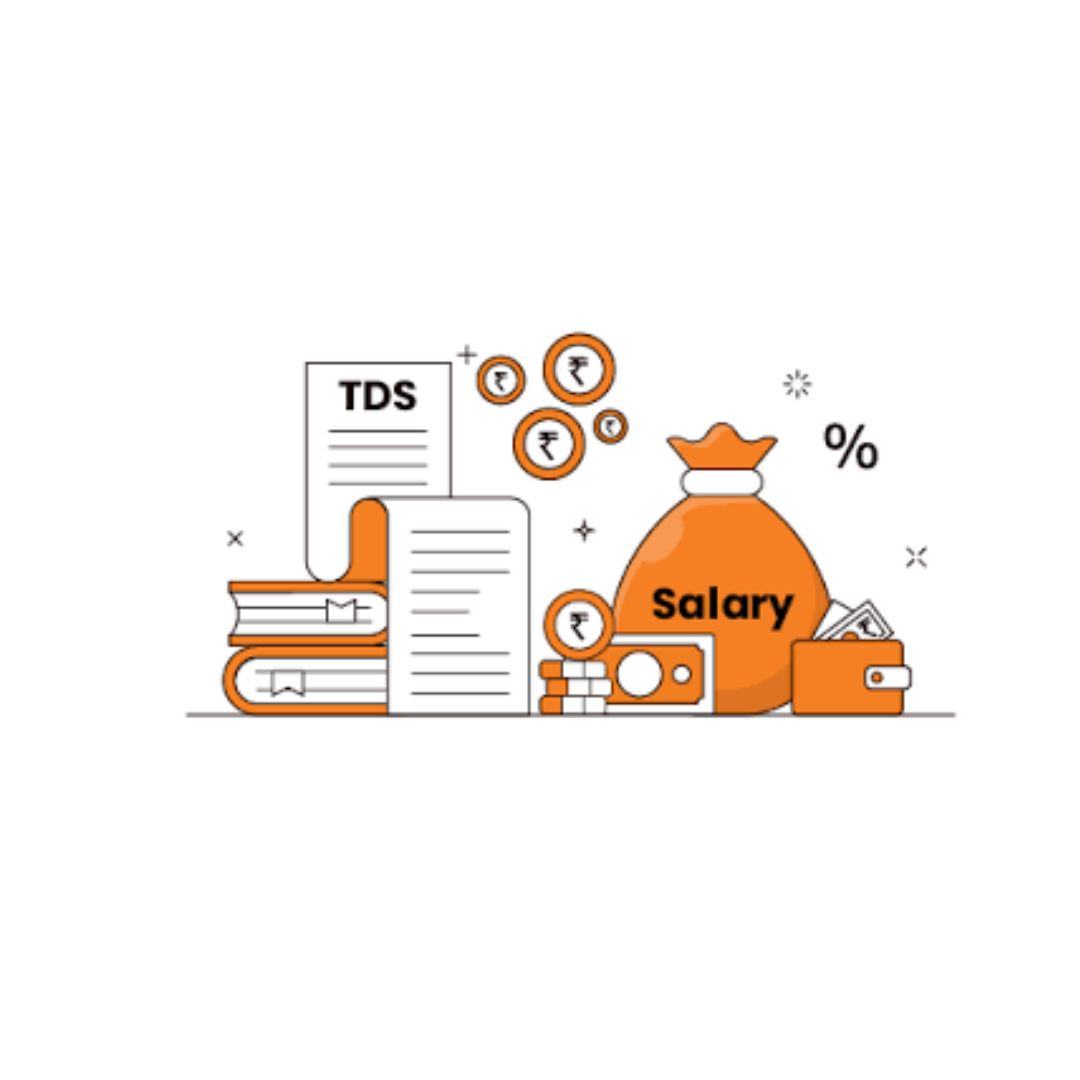What are the features of tax audit?
Features of Tax Audit A tax audit is a critical process conducted by a tax professional or authority to ensure that taxpayers’ financial records and returns are accurate and compliant with tax laws. In India, the tax audit is mandated under Section 44AB of the Income Tax Act, for certain taxpayers. Understanding the key features… Read More »







